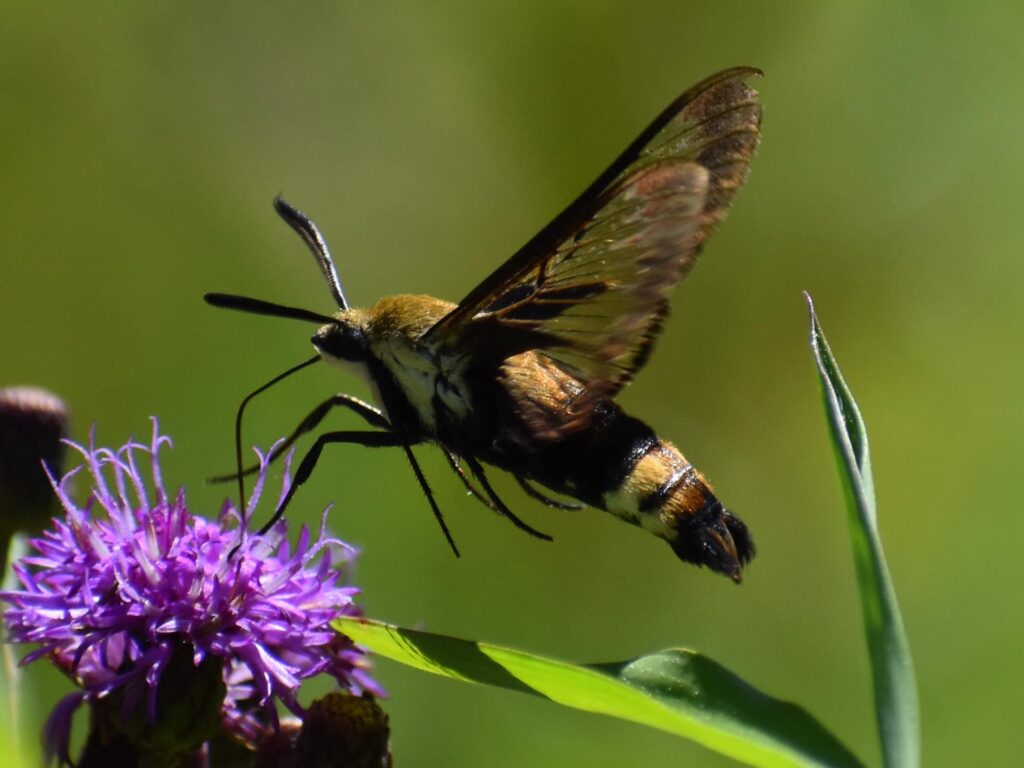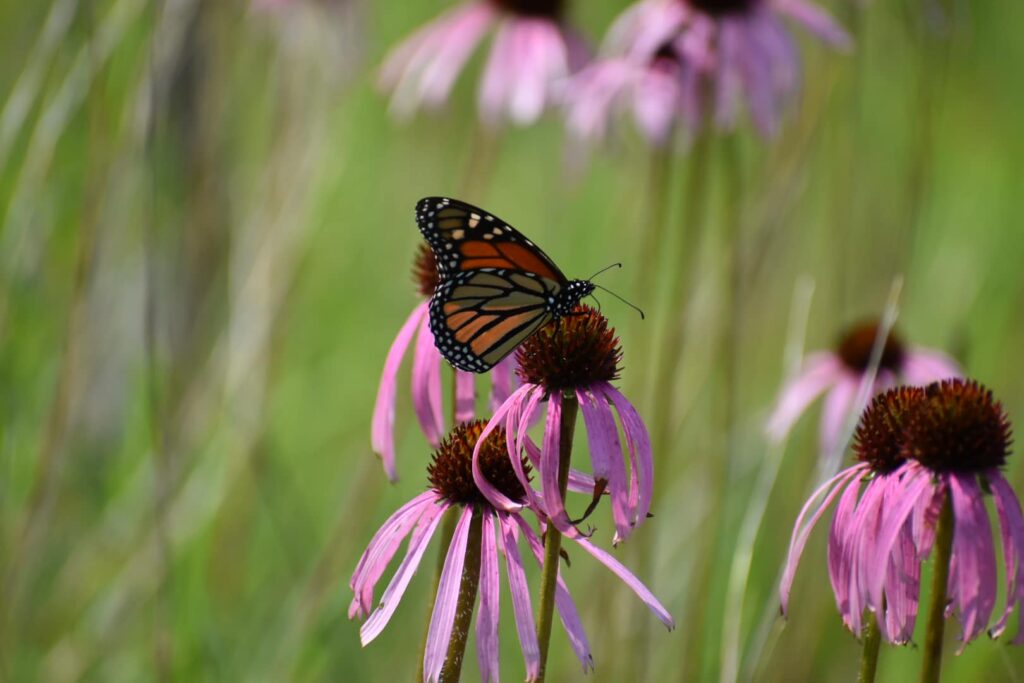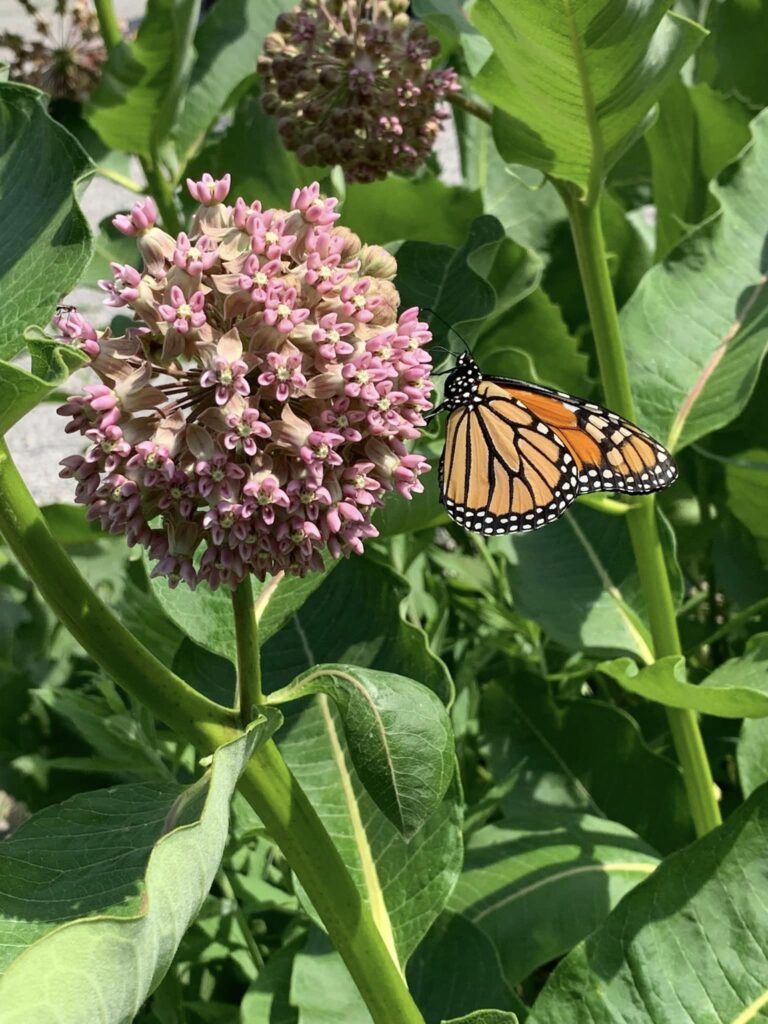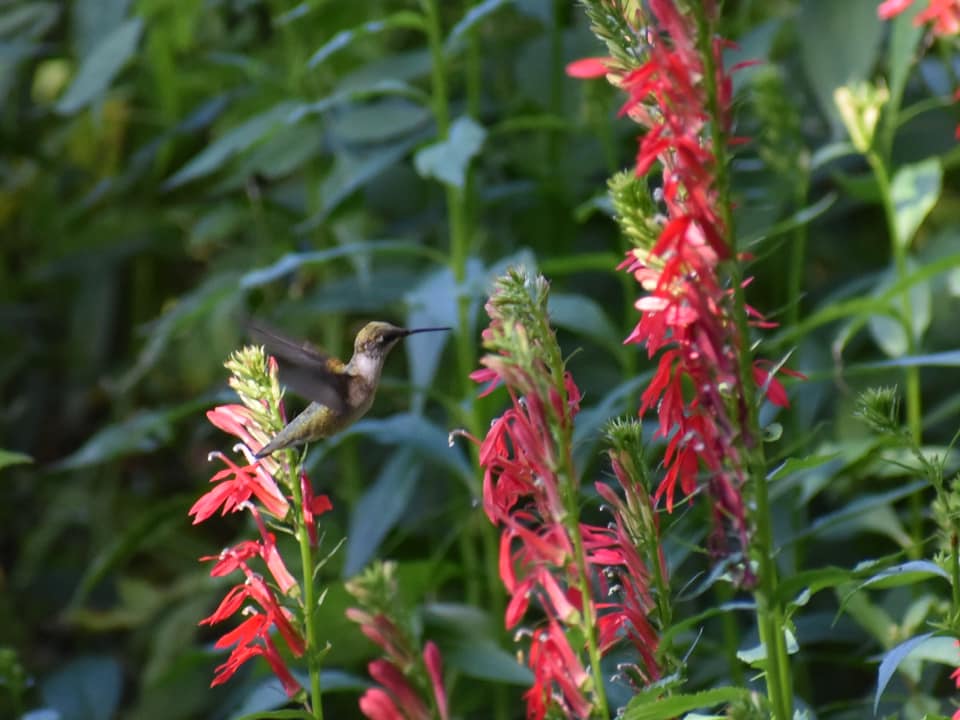The city of Carbondale has recently revised city codes to support and encourage pollinator-supportive landscaping. The city of Carbondale recognizes these three classifications of pollinator-supportive landscapes: Pollinator Gardens, Bee Lawns, and Native Planting Areas (the different classifications can be found here: https://www.explorecarbondale.com/900/Pollinator-Supportive-Landscaping)
We are very excited to announce Ozark Koala Ecosystem Services will be working with the support of the Xerces Society for Invertebrate Conservation to offer Carbondale residents high quality and deeply researched options for implementing all three types of pollinator landscapes as well as literature and direction to citizen science projects that can make these plantings more fun and engaging.
OKES often works on large scale and high value natural areas, but we see significant public outreach value in these small but highly visible private projects. Please contact us if you would like to learn more about how we can help you make your pollinator dreams a reality! Pictured and labeled below are some of the many native and pollinator friendly plants that you could have in your yard.
How to contact us:
Email- Ozarkkoalaes@gmail.com
Office Phone- (618) 694-5471
For more information on the Xerces society follow this link: Xerces.org
For more information on what native plant species are best for our region follow this link: https://www.xerces.org/sites/default/files/publications/22-025_01_NPPBI—Midwest_web.pdf
For more information on what pollinator habitat includes or might look like follow this link: https://illinoispollinators.org/pollinator-habitat-design/
For more information on natural lawn care and what you can do to support pollinators visit this link:https://illinoispollinators.org/community-science-and-education/what-you-can-do/
*some of these sites mention that nonnative plants can be used in these plantings. While nonnative plants can be beneficial we would like to reiterate that native species do prefer and thrive with native plants and they are more “valuable” to the local ecosystem in the long run.

 :Amy Frailey
:Amy Frailey
 :Amy Frailey
:Amy Frailey
 :Amy Frailey
:Amy Frailey
 :Amy Frailey
:Amy Frailey